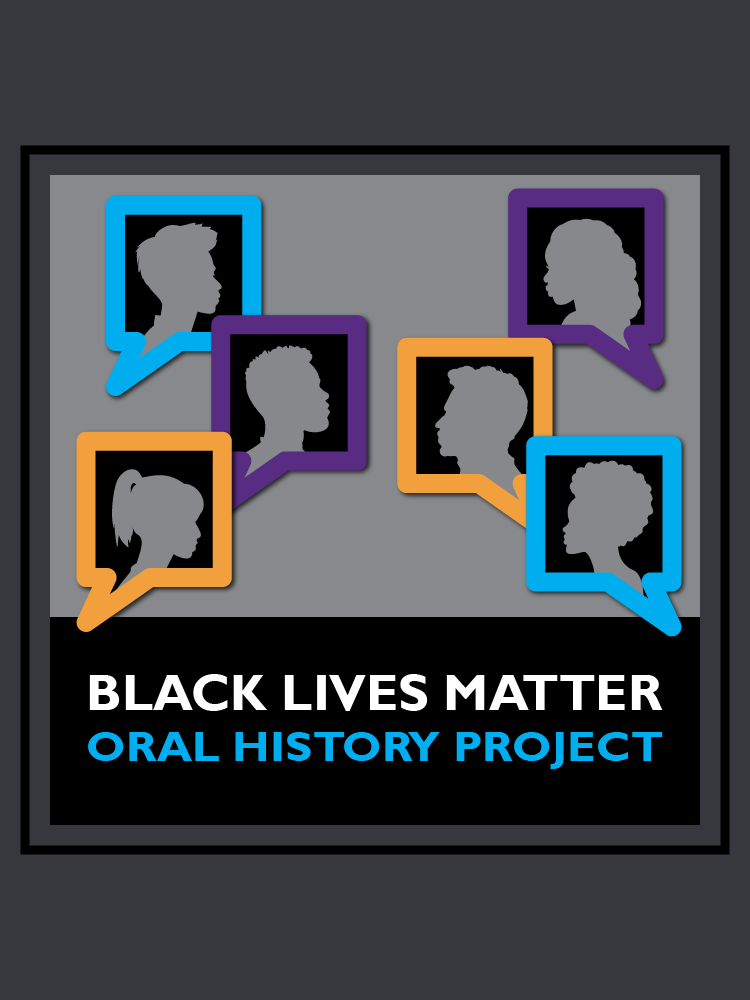Item
abstract
Uche Bean
“Uche Bean”. 2023, Sewanee: Black Lives Matter Oral History Project, accessed January 30, 2026,
- Interviewer
- Lyberti Bradley
- Date
- November 30, 2023
- Location of the Interview
- Zoom, the narrator was in the car in Birmingham, AL
- Length
- 36 minutes, 3 seconds
- Abstract
-
Uche Bean was born in Birmingham, AL where she still currently resides. She has been deeply rooted in the Birmingham activist community since she was a child and her parents are avid supporters of black liberation, so much so that her father renamed himself “Kamal Africa” to reflect his African roots. Her name is also a reflection of her parents connection to blackness as her mother is from Nigeria and adorned her with that has roots in her home country. Ms. Bean attended a community college connected to the Air Force for associate’s degree and her bachelors from Miles College. She is currently the Deputy Director of the Division of Social Justice and Regional Equity for the Mayor’s Office of Birmingham.
In discussing her relation to the Black Lives Matter movement, she spoke about her involvement in a city-organized Black Lives Matter protest. “We were on the front lines of all that. So what happened was our senior director was like, I really think we should have something. The mayor, we need to speak on this because this is big with our city and we really need to have a conversation about it. And so we actually put together in about 48 hours something we call the Rally for Peace and Justice.” At this protest, the crowd was roused into a riot by the comments of well-known comedian, Jermaine “ Funnyman” Johnson who incited the crowd to remove a Confederate momument in an adjacent park. Thousands of people would participate in the dismantlement of this statue and turn an otherwise peaceful protest to a what many would see as riot.
Ms. Bean’s perspective of the movement from the frontier was invaluable to this interview. In her final remarks, she was hopeful for the future of race relations and legislation that would uphold the civil liberties of Black people. She hopes that the movement will create a longstanding conversation about the betterment of black lives stating “A movement is a time. We need to have longstanding generational conversations on how this country has molded the lives of black people, not just the movement for Black Lives, because black folks have always been a movement on their own.”
Part of Uche Bean

